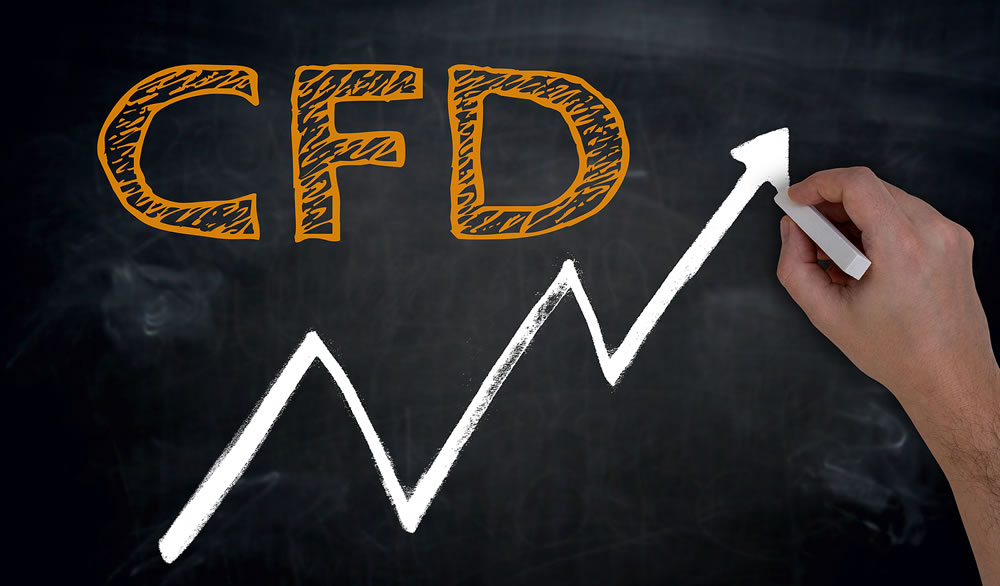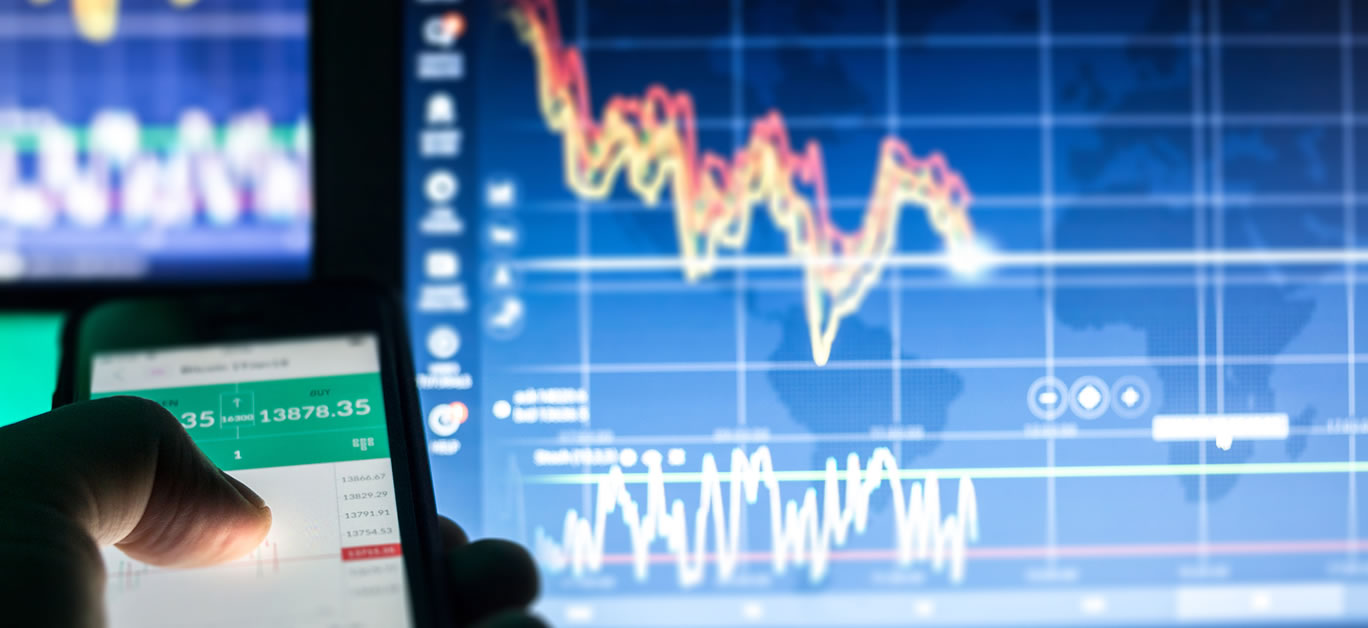From crypto to NFTs, the trading world has entered a new era over the past couple of years, with a new generation of young and fresh individuals looking to capitalise on the broad range of available opportunities to make some potentially significant long-term returns.
CFD – or ‘contract for difference’ trading – is perhaps one of the less talked about of these, but armed with the right knowledge, it can be an interesting way to leverage forex and other commodities and turn them to your financial advantage.
As with any type of investment, there isn’t a magic formula that guarantees success, and instead, it takes time, a whole lot of research and a little bit of luck to start seeing those returns rolling in. Here, we highlight some of the most renowned traders in the UK and reveal everything you need to know to get started.
CFD trading: A brief introduction
As trading becomes more accessible to the general public, some of the lesser-known opportunities are coming to light such as investors look further outside of the box at what’s available.
So, what is CFD trading exactly? Well, CFD (contract for difference) trading allows individuals to trade and speculate on the price of certain assets like forex, commodities and shares – and while you don’t own the asset, you can benefit from its price movements.

The best known traders in the UK
George Soros
George Soros, who is known as the man who broke the Bank of England, is arguably one of the best forex traders of his time. Born in the 1930s, his most known trade was just days before the British pound was devalued by the government, and having forecast this, Soros leveraged his hedge fund and sold billions, before buying them back at a lower price. This is said to have secured him a profit of £1 billion, which is no mean feat – although the trade is still widely regarded as somewhat controversial.
Simon Cawkwell
A renowned British trader and author who predicts which share prices will fall, and when, one of Cawkwell’s most notable trades was the Northern Bank, which he predicted would fall just before it went into administration.
Nick Leeson
British-born trader Leeson actually caused the 1995 collapse of the Barings Bank – having previously managed the operations of the bank, which resulted in huge profits for his trades. Just before the tumble, he made a number of bad trades, and money soon began to drop. Without telling anyone about the losses, and having made a few attempts to win the capital back, the Kobe earthquake caused further plunges one night, with the bank ultimately losing more than £1 billion.
Things to consider before starting out
Unfortunately, becoming a good trader isn’t something that will happen overnight, and requires plenty of skill and experience that often takes many years to accrue. Nevertheless, everyone has to start somewhere, and there are some simple ways you can get ahead of the game from early on and protect yourself from any ‘rookie’ mistakes.

While there isn’t a winning formula when it comes to being a successful trader, there are a few things you can do to start off on the right track.
Do your research
It goes without saying that you need to understand the financial markets in full if you really want to make the most of them. Consider where you can trade, what sort of returns you might expect and what you’re hoping to gain from the process as an individual. How much do you want to invest? What sort of markets are you interested in? You should also do some research into different currency pairings to determine varying levels of leverage – which is when a price is quoted for the exchange rate of two different currencies. For example, you might buy in one currency and sell or trade in another.
Create a trading plan
Everyone should have their own personalised trading plan, as this will form the basis for your strategy and the moves you’ll make going forward. Having a plan will ensure that you always remain on track and moving towards your desired goals, and will eliminate any unintentional deviation that could see you going off track. Be sure to include risk management ideas and analysis methods to make sure your plan is as robust as possible.
Practice, practice, practice
The best way to really learn the ropes in CFD trading is to put your research and trading plan into practice. That way, you’ll soon get to know if you’re missing any important nuggets of knowledge and will learn from any mistakes. You may also find that getting some advice from a company or broker could help, but be sure to find one that is FCA regulated and has therefore been approved by the official body that authorises financial transactions and services in the UK. Those with FCA regulations are subject to stricter controls and procedures, meaning you can typically trust their practices.
The risks of CFD trading
Of course, there are some risks associated with CFD trading – particularly that it’s a highly volatile market where profit isn’t guaranteed. Overnight charges to hold certain positions can also soon stack up – however, by carrying out your own research before you begin and taking the necessary steps to prepare, you can minimise potential risks. The best traders are those who study the market, keep their trading plan close by and, ultimately, treat trading like a business.
Disclaimer: Investing money carries risk, do so at your own risk and we advise people to never invest more money than they can afford to lose and to seek professional advice before doing so.






















